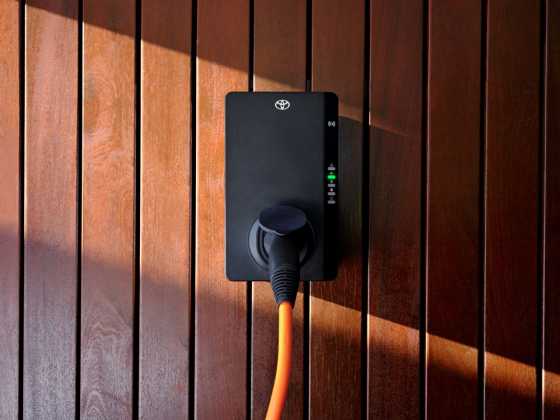Winners of transport tech and innovation grant announced

The winners of the transport-technology research and innovation grant (T-TRIG) programme, in partnership with Connected Places Catapult, have been announced.
A number of this year’s winners focus on ways that we can respond to and recover from the coronavirus (COVID-19) pandemic, including a project that looks at how a purifying system can remove airborne COVID-19 particles from trains, creating safer and cleaner carriages.
Another winner will use the weight data of passengers to supply real-time carriage information on how busy a train is, allowing passengers to choose whether to travel and where to board.
Among the green tech ideas is a project that would see local communities signing up to an app where those making deliveries would upload their journey plans for the day. This would then be matched to local people who are expecting deliveries, helping reduce CO2 emissions on our roads by cutting lengthy detours.
This year, T-TRIG is investing £30,000 in each of the 23 successful projects focused on COVID-19 recovery and decarbonisation to help budding innovators and academics propel their ideas to market more quickly.
To date, 199 innovation projects have received a share of £6 million in funding – more than 60% of these grants have been awarded to small businesses, with 30% going to universities.
Connected Places Catapult’s CEO Nicola Yates OBE said: "We are immensely proud of what Connected Places Catapult and the Department for Transport (DfT) have achieved together through the T-TRIG scheme. Transport innovation is a critical tool for creating and driving the transport systems of the future, and the core of that is the talented SMEs and researchers that make up the UK’s transport innovation community.
"We look forward to continuing work with DfT and the UK’s brilliant SME community in making sure that the best of British innovation successfully makes it to the market, both here and abroad."
Support from this fund has often been a precursor to funding from private investors. Since the scheme began, successful T-TRIG projects have secured more than £25 million in additional investment, largely from the private sector.



